
In fact, with some notable exceptions, disabled musicians themselves are absent. A music scholar, Moore writes in “Krip-Hop Nation is More than Music”, “To date, there is no big popular Hip-Hop artist with a physical disability.”
In this video, Moore and some of the members of Krip-Hop nation speak about the movement, why they feel it’s important, and their vision of it. There is no transcript of this video due to the sound quality. Please accept our apologies.
Identifying Hip-Hop artists with disabilities as being part of the Hip-Hop “underground” rather than the commercial scene, Moore sees Krip-Hop Nation as a way to give an activist platform to artists that previously worked in isolation. Hip Hip artists with disabilities get a chance to tell their stories of oppression, discrimination, and “hitting the glass ceiling of the Hip Hop industry.”
Moore sums it up nicely: “Krip-Hop Nation is about advocacy and education and taking back what has been taken from us to oppress us,” which is part of the reason why he’s used the word “crip” with a “k”.
This is a promotional video for Krip-Hop. Again, apologies that there isn’t a transcript.
Krip-Hop Nation has over 300 performers worldwide and a team of people in various locations that keeps everything going.
“Watch out here we come!” says Moore.

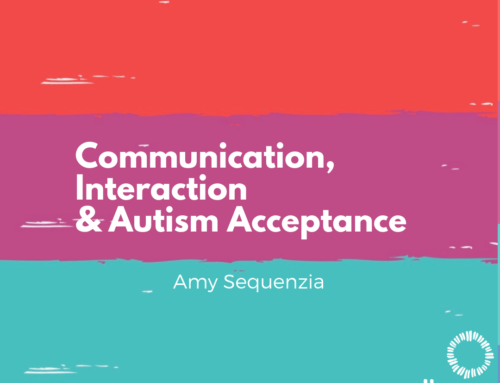
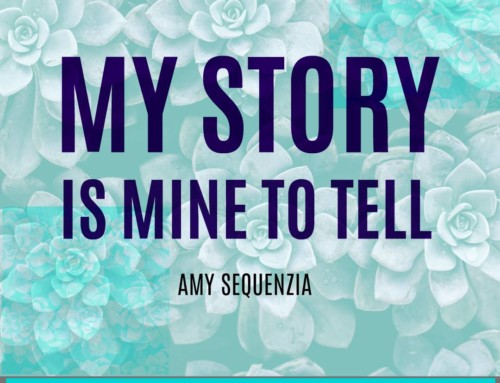
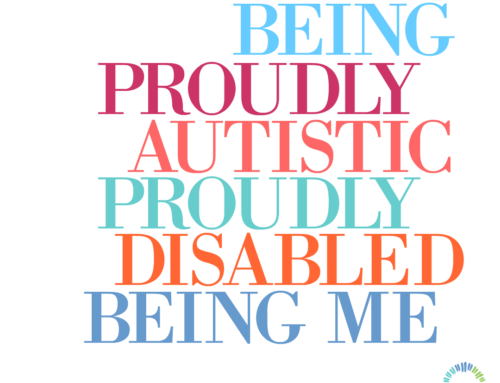
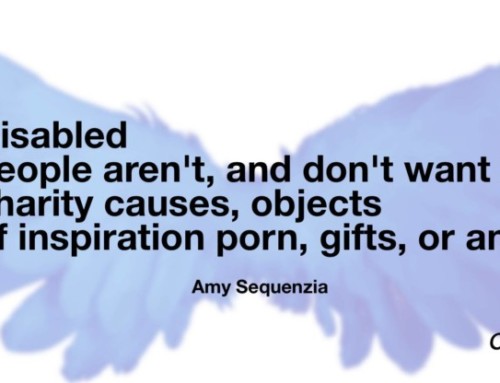
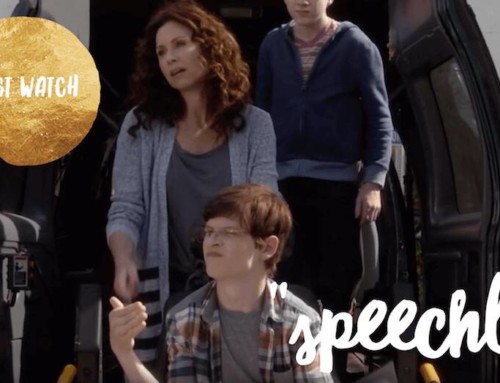
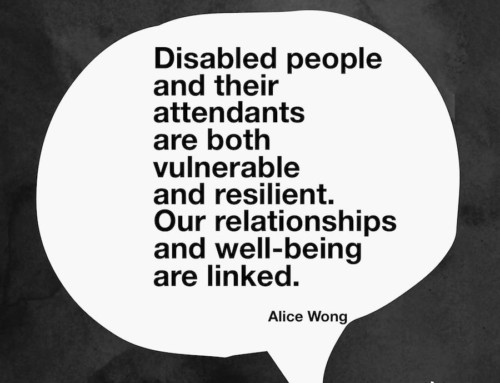

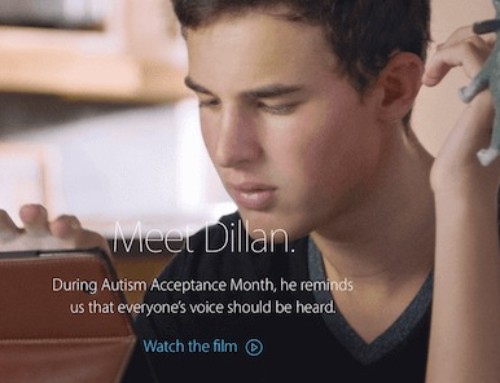
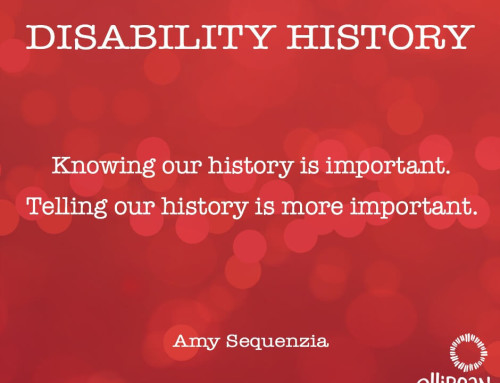

Leave A Comment